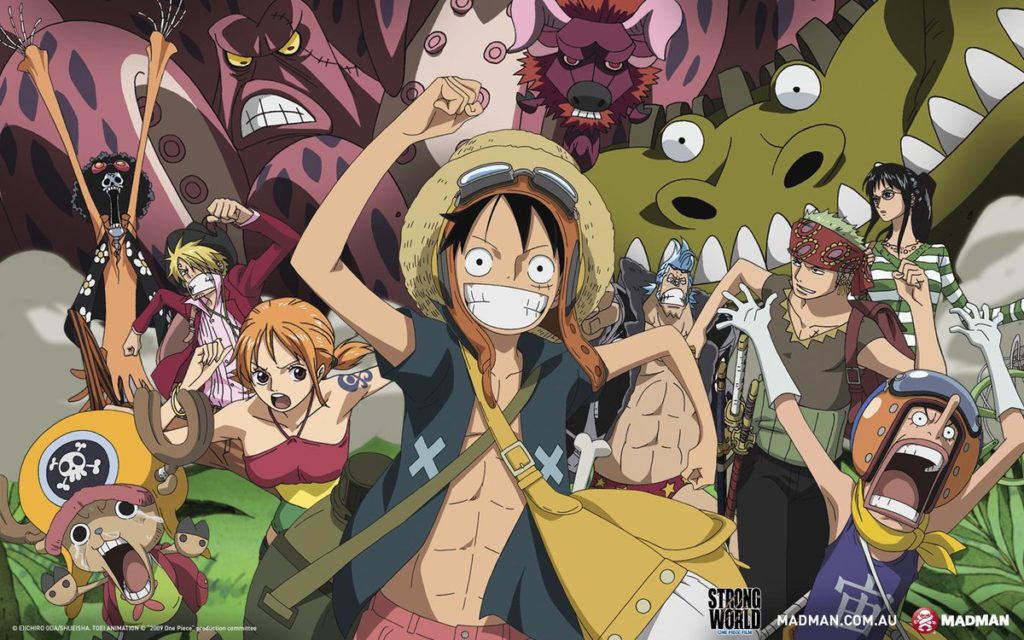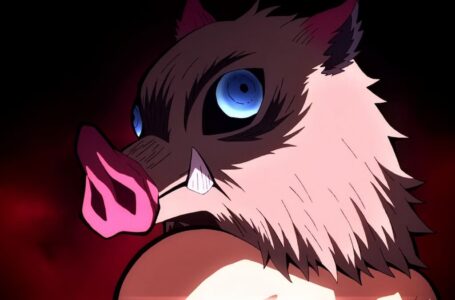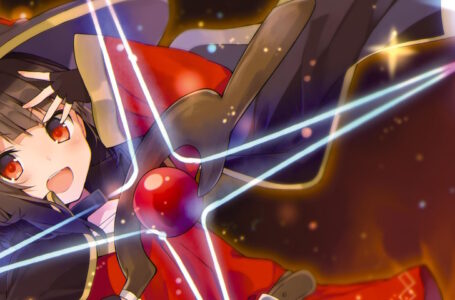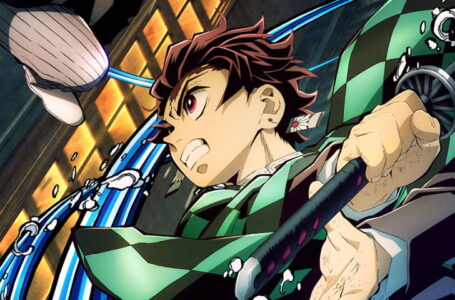Demon Slayer and the question of canonical anime movies
When I think of anime movies, the first thing that comes to mind is something like A Silent Voice or Akira — movies where the original source material was adapted into a standalone, self-contained film as opposed to an episodic series. Miyazaki’s Studio Ghibli works also spring immediately to mind, as they’re written to be films before anything else.
What I want to talk about today, however, is a film that managed to completely destroy the Japanese box office — Demon Slayer: Mugen Train. This piece will be part review, but more so an opinion piece based on my feelings towards long-running anime series, typically of the shounen variety, and whether their movies are canonical or self-contained — and the pros and cons of each approach.
I don’t really want to throw shade at the reviews that decided to ignore the fact this film was a continuation of the series… but it was made very clear that Demon Slayer: Mugen Train was going to continue exactly where the last episode of the first season left off. You were expected to be all caught up, or the train was leaving without you.
I will be diving into some of the details regarding the Demon Slayer film as well as some other anime films, so consider this your warning — Spoilers ahead!

Total concentration: feature-length form — box office destroyer!
Let’s talk about the Demon Slayer film first, as I would like to get my opinions on it out there. It was a lot of fun! I greatly enjoyed what I watched, but I don’t think it is by any means a perfect film and I do think that some of the problems — certainly towards the end — are due to it being a film rather than episodes of a season.
It goes without saying that, when it comes to visuals, Ufotable knocks it out of the park and greatly improves upon the original source material from the manga. It retains all of the unique and most beloved elements that the first season of the anime had, and Ufotable even managed to elevate the game even further when it comes to the use of dynamic cameras in fast-paced action scenes.
The way in which the dream sequences were adapted was absolutely amazing and certainly conjured up an emotional response from myself. Although Tanjiro’s dreams were on the darker and emotional side, the balance was maintained when Zenitsu’s and Inosuke’s dream scenes were shown.
The 3D CG scenes in Demon Slayer: Mugen Train most definitely weren’t anything impressive, however. This might be because of Ufotable’s incredible work on both the characters and the scenery, but the 3D sections of the film looked extremely poor and painfully out of place on screen — and this was only made worse by how long they remained a focus of the on-screen action.
Rengoku without a doubt steals the film. Despite him being absent from the action for a decent portion of the movie, my opinion of the character transformed massively within the span of the movie. It went from being “I swear to God, if this man says ‘Umai!’ one more time…” to me crying for him during the finale.

Self-contained story vs canon
Now back to what I was originally aiming to talk about. When it comes to anime movies, such as the One Piece films or My Hero Academia films, they tend to keep their stories self-contained — by which I mean they aren’t arcs or stories that take place in the original source material. They do, however, referenced focus on characters that are known or have been mentioned within that specific world.
For example, in One Piece Strong World, the story’s main antagonist is Golden Lion Shiki. This is a character who, while never fully shown, is mentioned in the story during the Impel Down arc. Impel Down is the highest security prison in the world of One Piece; the first time we learn of Golden Lion Shiki is when a Navy Fleet Admiral mentions that Shiki was the only person to ever break out of such a prison.
In my opinion, this was a fantastic way to make a film that has a self-contained story that still very much feels like One Piece, but doesn’t feel random or out of place. Strong World feels like something very organic, and a very believable adventure that the Straw Hats may have found themselves on during the course of the story.
On the other side is the recent Demon Slayer film — a canon, continuous film that takes place from exactly where the final episode of the first season ends. And while I don’t think it’s necessarily bad, I think it reduces some of the impact the ending could have had, and would have overall worked better as episodes. I mean, the film just felt like I was watching 5 or 6 episodes back-to-back.
With regards to the ending losing a bit of its impact, that’s due to the film just ending as opposed to having a real “conclusion”, which is another issue that comes with having a canon movie. We spend majority of the film on the titular train and learning about the antagonist of the hour, his awful personality, and his horrible set of powers. We become invested in our characters beating this Demon, keeping the people on the train safe, and freeing the children he is enslaving.
But just when everything seems over and our characters have emerged victorious, all of a sudden a brand new villain appears in the final 30 minutes of the film. I must mention that this is a feast for the eyes, as it’s without a doubt the best action scene of Demon Slayer: Mugen Train, and probably cemented Rengoku Kyojuro within the hearts of many — it certainly did for me — but there is just something off about this point in the film as well, and I can’t quite put my finger on exactly what it is.
Maybe it’s because we haven’t had long enough with Rengoku and we aren’t too closely attached to him as viewers yet. Or perhaps it’s because we know absolutely nothing about this newly emerged villain, apart from the fact that he’s extremely powerful and places high within the Demon rankings.
Overall I think it was an interesting move to make this arc, which is only a short 15 chapter arc within the manga, into a movie instead of having it be seasonal episodes. Perhaps they determined it would be a smart move money-wise considering the popularity of the series. Regardless, Demon Slayer: Mugen Train was a greatly enjoyable experience, but there is just something lacking to it.
What do you reckon? Do you prefer anime movies to be self-contained, or to continue the canonical narrative established in episodic series? Let us know via the usual channels — or pen us a letter for the Rice Digital Friday Letters Page with the “Write to Rice” widget on the right!
Join The Discussion
Rice Digital Discord
Rice Digital Twitter
Rice Digital Facebook
Or write us a letter for the Rice Digital Friday Letters Page by clicking here!
Disclosure: Some links in this article may be affiliate links, which means we may earn a small commission if you make a purchase after clicking on them. This is at no additional cost to you and helps support Rice Digital!
- Hump Day Husbandos: Shu Yamino (Nijisanji EN) - September 14, 2022
- Waifu Wednesday: Eunie (Xenoblade Chronicles 3) - August 31, 2022
- LazuLight, One Year Later - August 29, 2022






